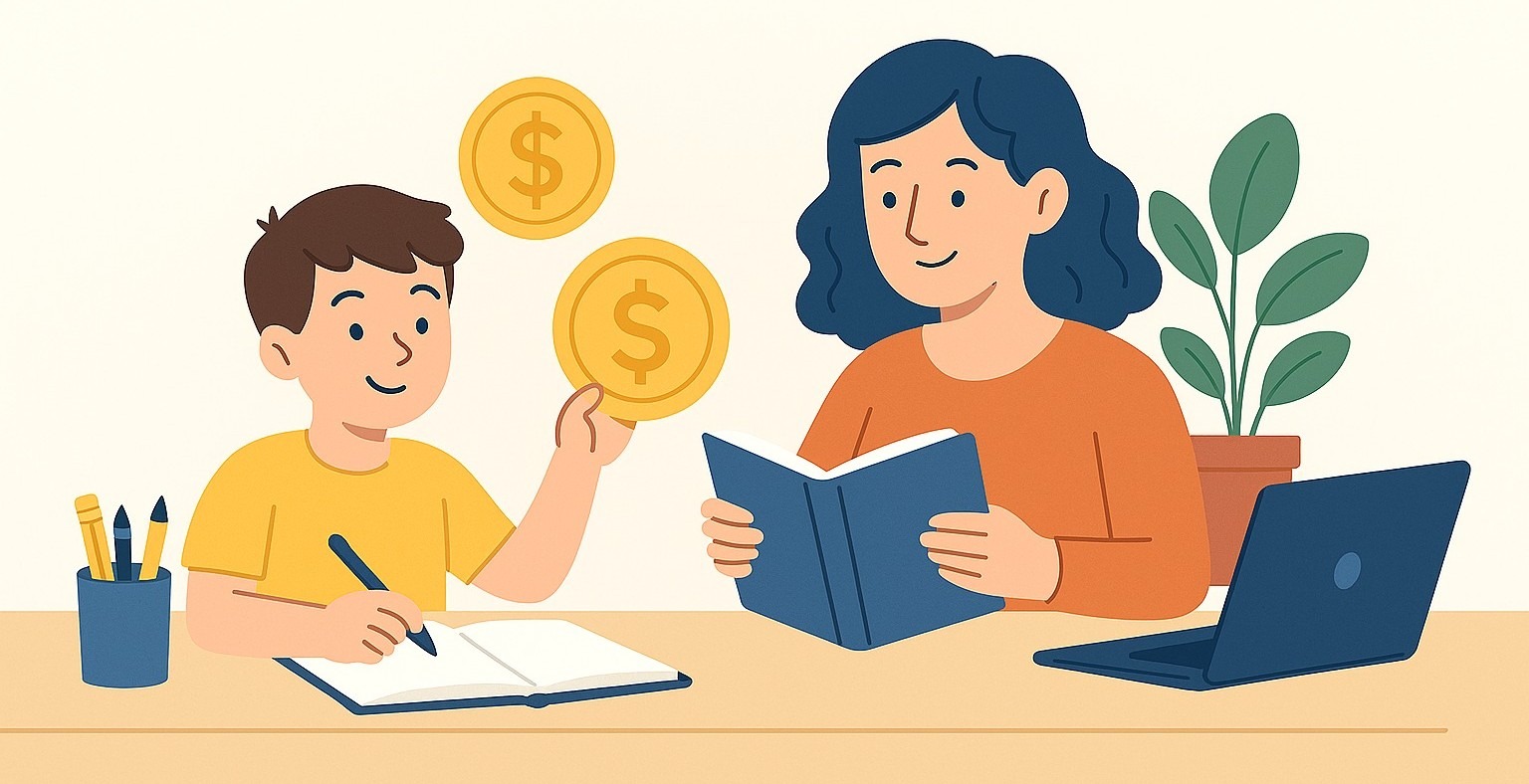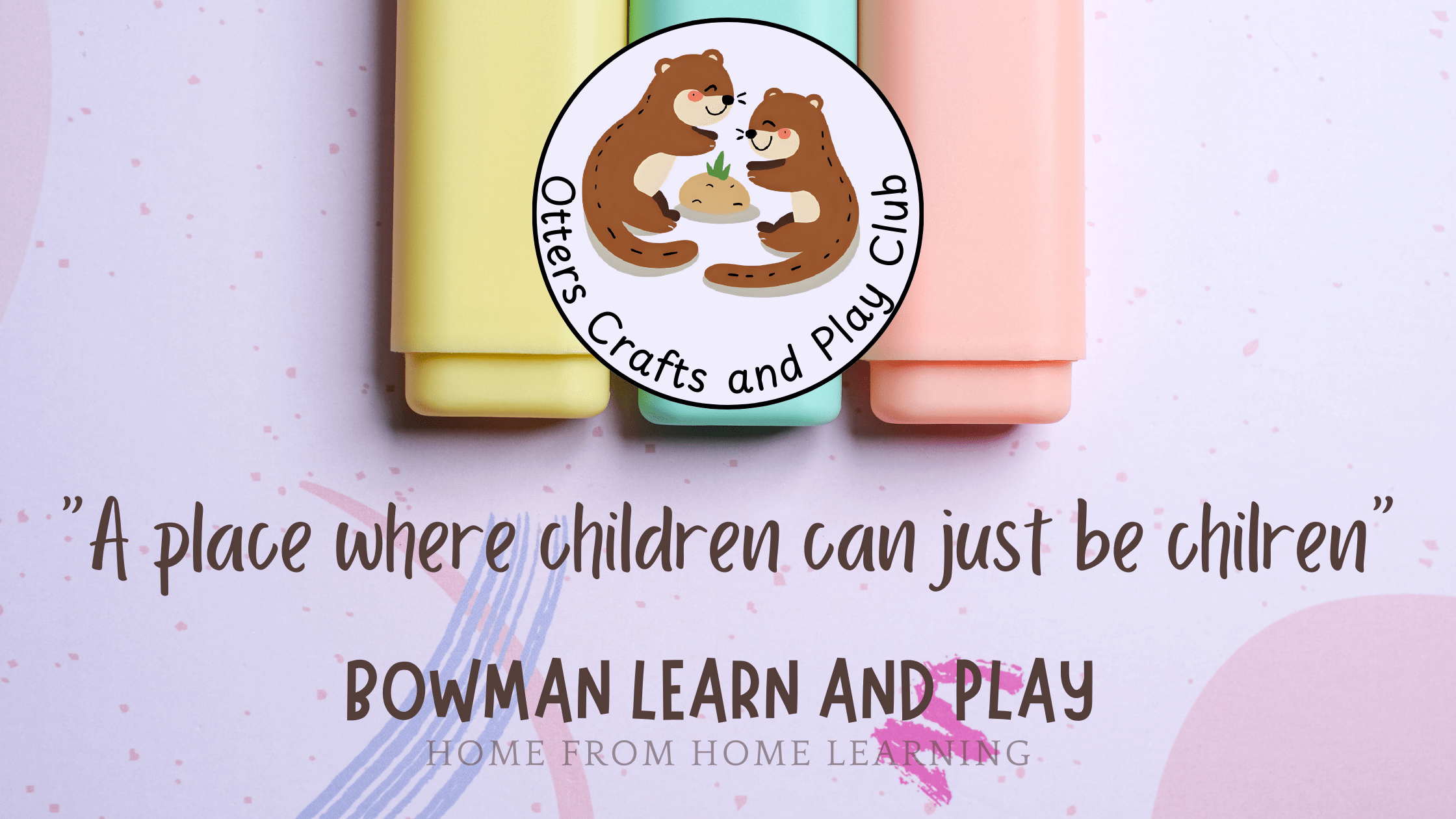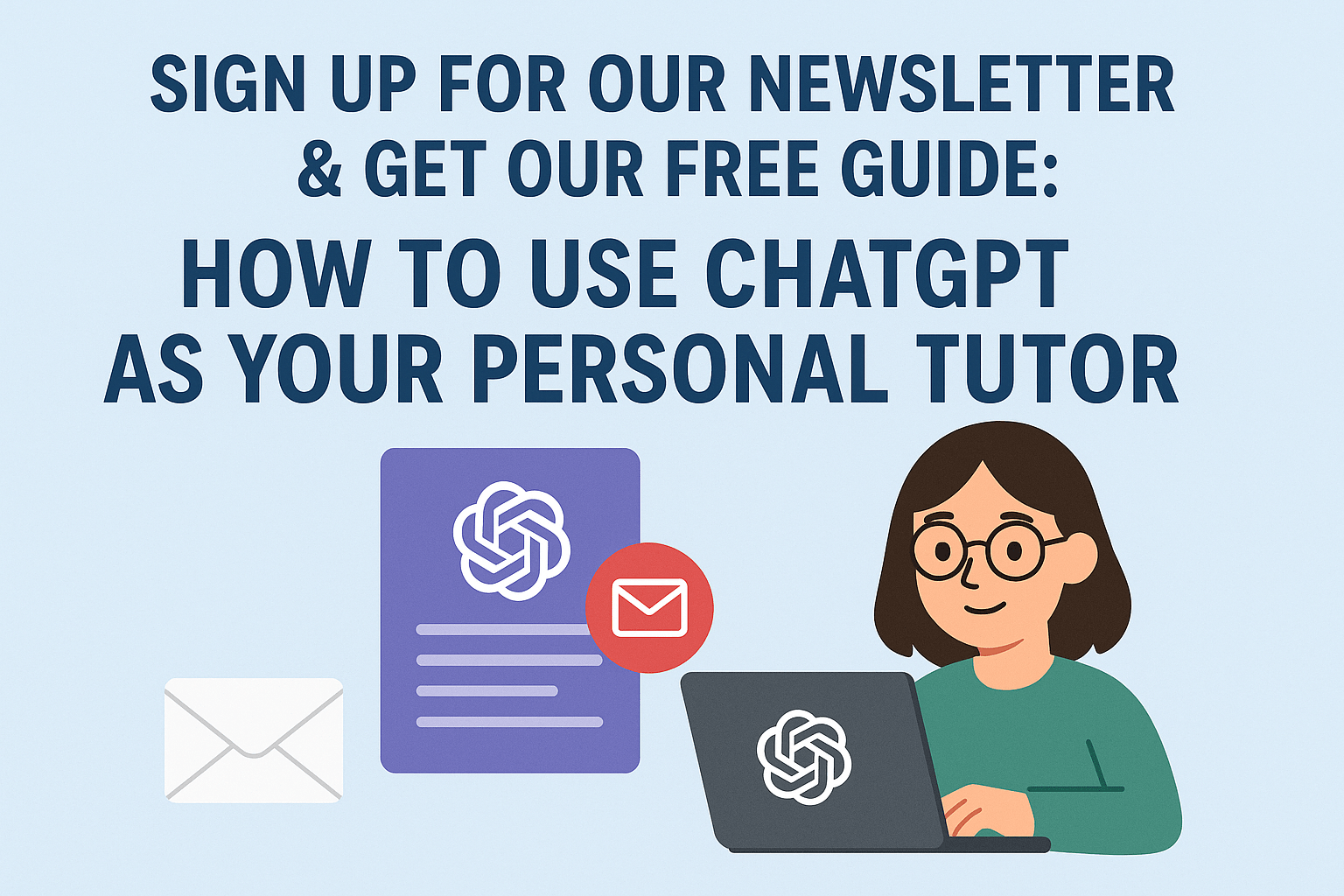Is Home Education Expensive? What UK Parents Really Need to Know
Thinking about home education in the UK and wondering “How much does it cost to home educate?” or “Can I afford to home school on a budget?” You’re not alone. Whether you call it home schooling or Elective Home Education (EHE), a common concern for many families is cost — especially for those on a low income or balancing work and parenting.
The good news? The short answer is not necessarily. Many families successfully home educate for free — or very close to it — using a little creativity, some clever resource-hunting, and a whole lot of curiosity.
Home Education Can Be Free (or Close to It)
You Are the Most Valuable Resource
Wondering “Can I home educate if I work full time?”
Yes, it’s possible — and many parents do it successfully.
Whether you’re learning alongside your child or guiding them while managing a job, your role as a motivator and encourager is key. Some parents enjoy discovering topics together. Others, especially those working, focus on helping their children become independent learners by finding resources and supporting self-study.
Phrases like “Have you Googled it?” or “Have you tried asking AI?” aren’t dismissive — they’re teaching your child how to research, analyse sources and develop digital literacy skills.

Local, Free and Often Overlooked Learning Goldmines
Looking for cheap or free home education ideas near me? Try these:
- Parks, woods, nature reserves and beaches – use them for geography, science and mental wellbeing.
- Geocaching – an exciting, app-based treasure hunt (and completely free)…walking or cycling = PE
- Your local library – offers books, free classes, audiobooks and more.
- Walking or journey planning – use maps, estimate travel time and fuel, build life skills.
- Museums and attractions – always ask if they offer a home educator discount (some do, even if it’s not advertised) or join with other home educators going on a group booking.
Learning Through Everyday Life
The best low-cost home education happens in real life. Here are some examples:
- Cooking and baking – covers reading, science, maths and practical skills.
- Gardening or fixing things – teaches biology, mechanics, and responsibility.
- Shopping – practice maths by comparing prices and checking offers.
- Watching the news, documentaries, YouTube – great for sparking critical thinking and discussion.
- Board games and puzzles – build logic, strategy and social skills.
- Taking apart old appliances – a fantastic way to explore engineering and upcycling.

Want a Free Home School Curriculum Trusted by UK Families?
- BBC Bitesize – UK curriculum-aligned lessons from KS1 to GCSE across English, Maths, Science, History, Geography, and more.
https://www.bbc.co.uk/bitesize
- Khan Academy – Brilliant for maths and science, with interactive lessons and practice exercises.
https://www.khanacademy.org
- Seneca Learning – Engaging revision courses in science, English, maths, humanities, MFL and more (KS3 to A-Level).
https://app.senecalearning.com/courses
- CrashCourse (YouTube) – Dynamic video lessons on history, science, politics, and more — ideal for teens.
https://www.youtube.com/user/crashcourse
- Oak National Academy – Free UK-aligned lessons and resources, now with even more topics and year groups.
https://classroom.thenational.academy/subjects
- TES Resources – Thousands of teaching materials shared by educators.
https://www.tes.com/teaching-resources
- Discovery K12 – A full online curriculum (US-based but used by UK families for variety).
https://www.discoveryk12.com/dk12/
- MIT Open Courses – Advanced subjects, ideal for curious teens and parents alike.
https://ocw.mit.edu/index.htm
- Duolingo – A fun, free way to learn languages at your own pace.
https://www.duolingo.com/

- Wordle
https://www.nytimes.com/games/wordle
- Spelling Bee
https://www.nytimes.com/puzzles/spelling-bee
- Letter Boxed
https://www.nytimes.com/puzzles/letter-boxed
- Mini Crossword
https://www.nytimes.com/crosswords/game/mini
These tools are perfect for families seeking a flexible, multi-subject home ed routine — without the high costs.
Plus, you’ll find fantastic not-for-profit events and low-cost activities via our Events page — many are hosted by local home ed groups and designed to be affordable.
What About School Trips and Workshops?
One thing parents often ask is, “Will my home educated child miss out on school trips or workshops?” Absolutely not! In fact, many home ed families say their children get more real-world learning experiences — and often at a lower cost.
Across the UK, home educating parents regularly organise group visits to museums, science centres, farms, historical sites, galleries, theatres, climbing walls, and more. These are often booked at school rates (or cheaper!) and can be far more flexible than typical school trips — fewer children, more time to explore, and tailored to the group’s interests.
You can usually find these opportunities by joining local home education Facebook groups, where trips are advertised, organised, and car-shared. Or browse our Events page — we list educational workshops, local trips, and not-for-profit sessions created by and for home ed families.
From drama workshops to forest school, planetarium visits to castle tours — home education opens the door to a world of hands-on learning, often for less than you’d pay with a mainstream school.
Are There Any Hidden Costs in Home Education?
Budgeting Tips from Experienced Home Educators
If you’re looking for home education on a low income, these tips are gold:
- Join your local home ed Facebook group – find second-hand resources, meetups, and event discounts.
- Don’t buy everything upfront – wait until you know what suits your child.
- Plan for exam costs later – GCSE/iGCSE fees (usually £100–£300 per subject to sit the exam) can be saved over time. Take a look at this 14 years blog of preparing for Maths IGCSE!
- Utilise free resources first – from libraries to online content.
- Repurpose what you already have – cookbooks, board games, nature trails and household tasks all count as learning!
Does Spending More Mean Better Outcomes?
Wondering “Do I need to buy a full curriculum?” or “Will paying more mean better results?”
The answer is no, not necessarily!
More important than money is how your child engages with their learning. Some families thrive on structured curricula, while others follow child-led or unschooling approaches. Either can be incredibly effective.
The best outcomes come from a mix of curiosity, flexibility, and connection, not price tags.
Conclusion: Yes, You Can Home Educate on a Budget!
So, can you home school for free in the UK?
Absolutely. Whether you’re full-time parenting, working, or somewhere in between, home education can fit your budget and your lifestyle.
Curious about what’s happening locally?
Want insider tips, new resources and local offers straight to your inbox?

And don’t forget to connect with us on Facebook – your next idea, event or solution might be waiting in the comments.





















